Laptop Ban Lifted On Four Middle East Airlines, But Uncertainty Over Airport Security Continues
by Barbara Peterson
Photo: Sergey Korovkin 84
Qatar Airways is allowing passengers to carry their laptops and other large electronics on board its flights to the United States, ending a three-month prohibition on the devices. Qatar thus becomes the fourth airline to be free of the restrictions, which affected carriers have said is having a dampening effect on inbound travel. Earlier this week, Emirates, Etihad Airways and Turkish Airlines all announced that the U.S. had lifted the ban on their U.S. flights.
The policy dates back to March, when, in a surprise move, the United States said it would ban laptops and other large gizmos from passenger cabins on U.S-bound flights originating at 10 airports in eight countries: Egypt, Morocco, Jordan, the United Arab Emirates, Saudi Arabia, Kuwait, Qatar and Turkey. The action was taken in response to intelligence reports that terrorists had developed a way to conceal explosives in electronic devices that standard screening machines couldn’t detect.
At the same time, the affected airlines were advised they could get back in the good graces of the U.S. government by adopting more stringent screening protocols and by acquiring more sophisticated scanning equipment, but details on just what this entails have been kept vague. The normally outspoken Qatar CEO Akbar al-Baker, speaking to reporters in Dublin, was quoted as saying only that U.S. auditors had found the airline to be in compliance with “new draconian requirements.”
Two other carriers, Royal Air Maroc and Saudia, both said they believe they’ll be free of the electronics restrictions by July 19. But the general outlook is clouded by a more recent pronouncement by the Department of Homeland Security that it’s looking to toughen airport security for all foreign airlines’ flights to the United States. DHS declined to reveal specifics, but said the action could potentially affect 180 airlines that carry around 325,000 passengers a day to U.S. airports.
Any carrier found to be lacking could find itself subject to “additional restrictions,” DHS said, which could include the same device ban imposed on the Middle East airlines.
That news, and the scant information released by DHS, have renewed concerns among travel industry officials that the tough talk from Washington could hurt international travel.
U.S. Travel Association executive vice president for public affairs Jonathan Grella responded by saying that while “it is imperative that travel remain safe and viable,” the apparent ratcheting up of security could “risk the unintended consequences of too heavy a burden on airports, airlines and travelers. We must ensure security at all costs, but our government also has an imperative to keep trade and commerce flowing.”
USTA is urging the Trump Administration to balance its somber security messages with an equally strong message that international visitors are welcome in the United States, he said.
























